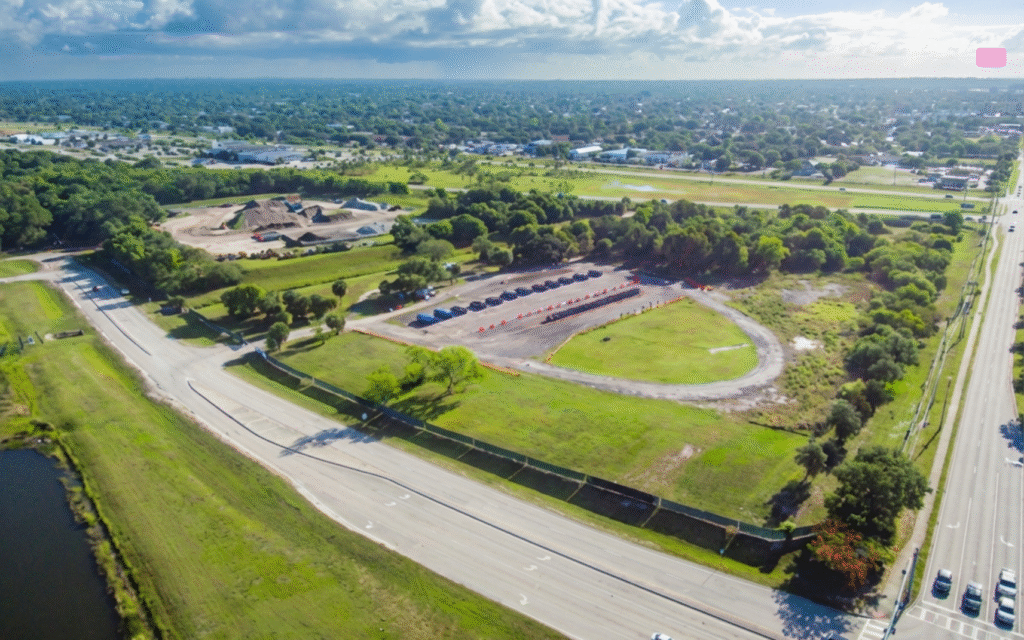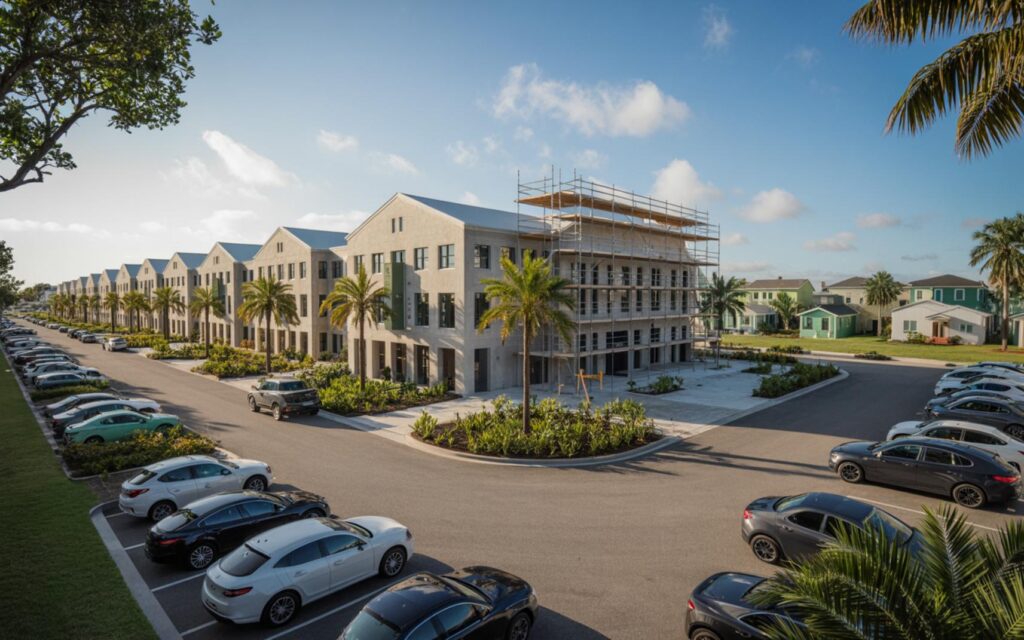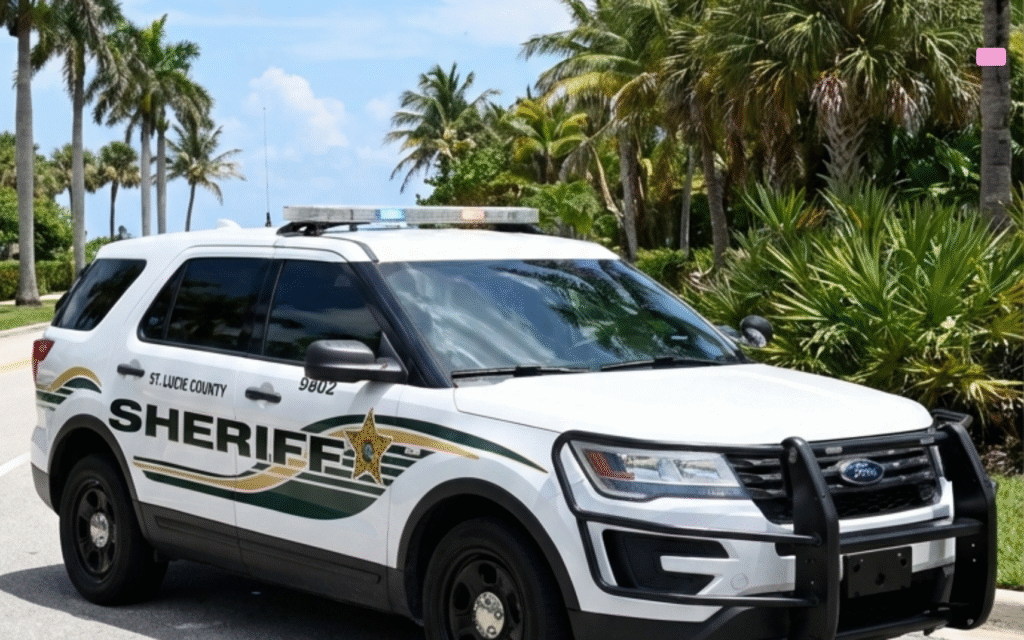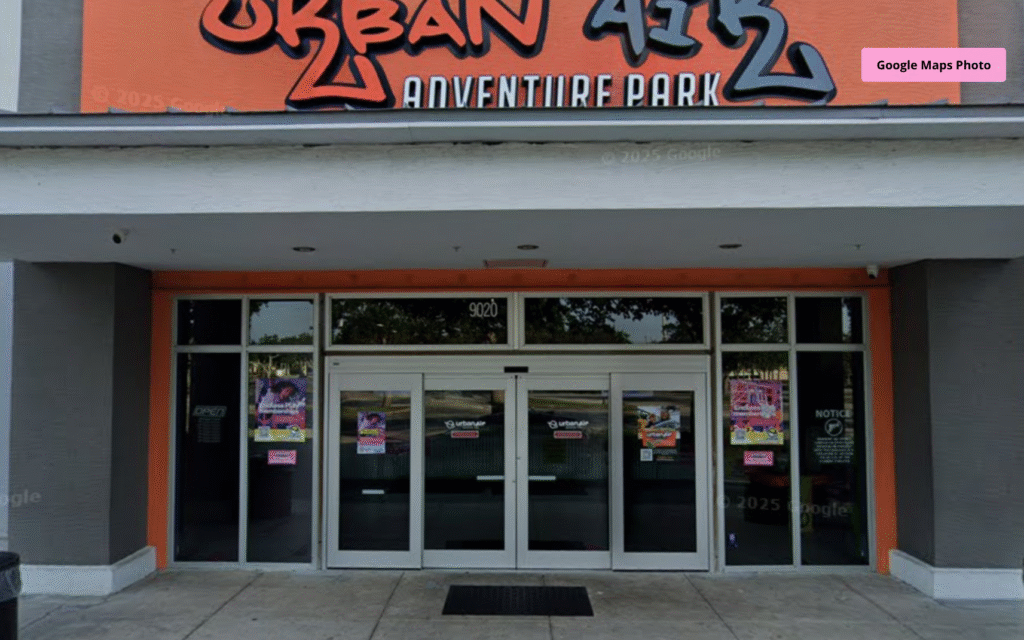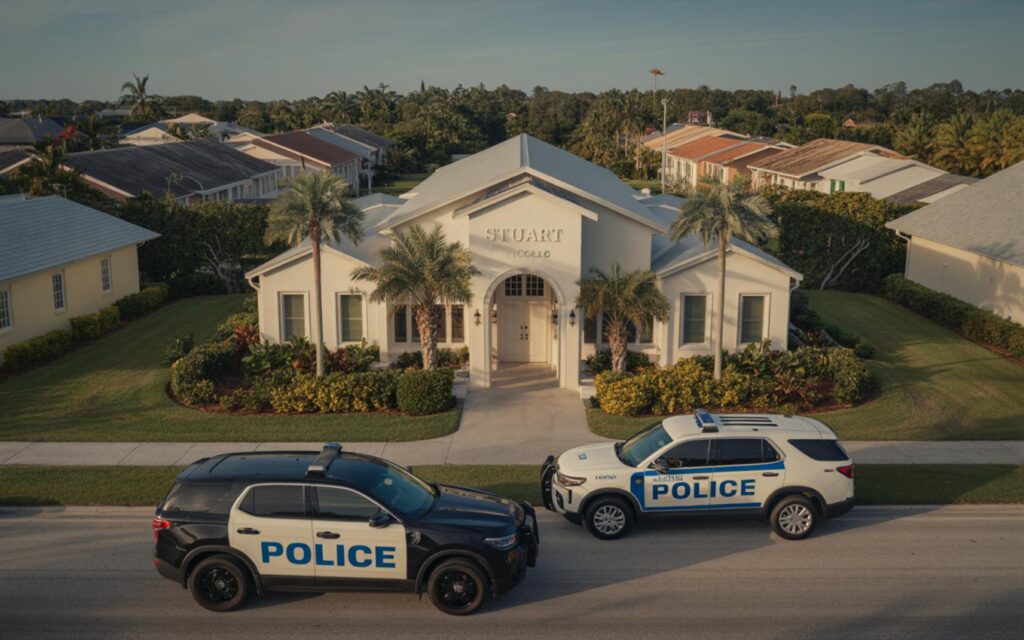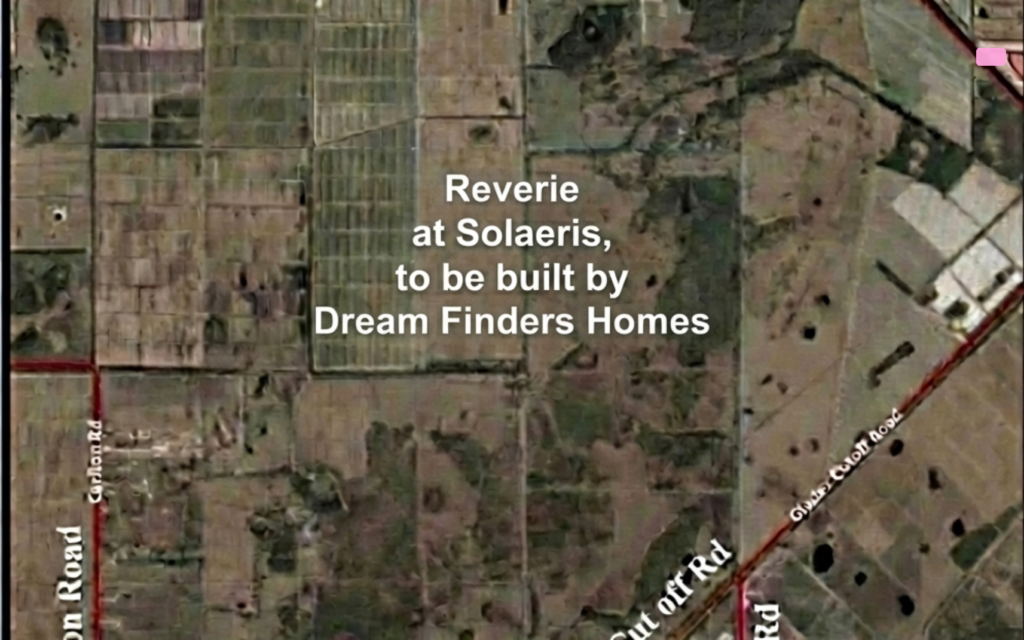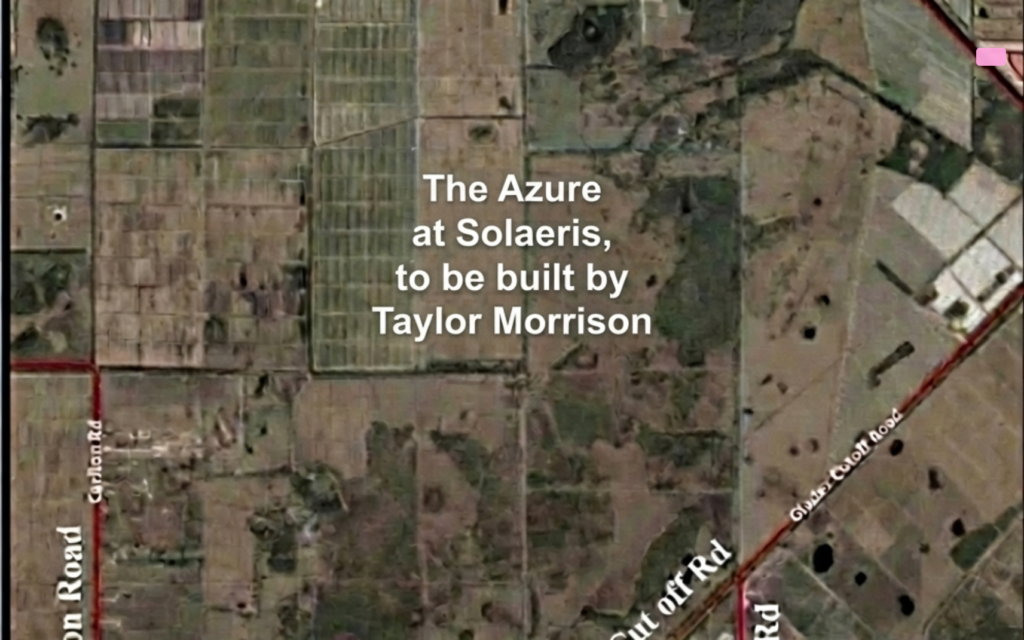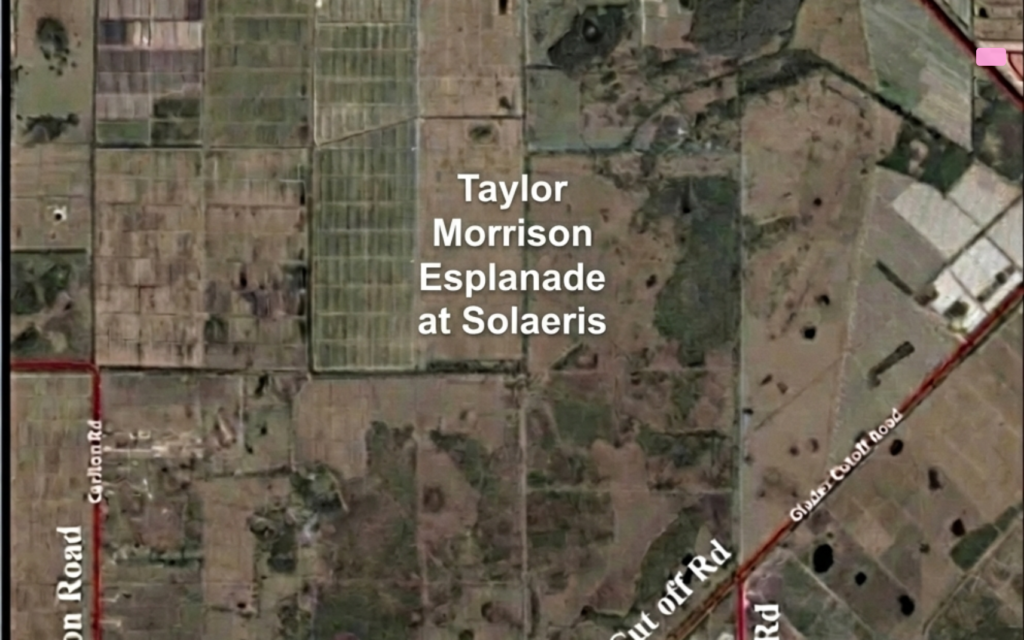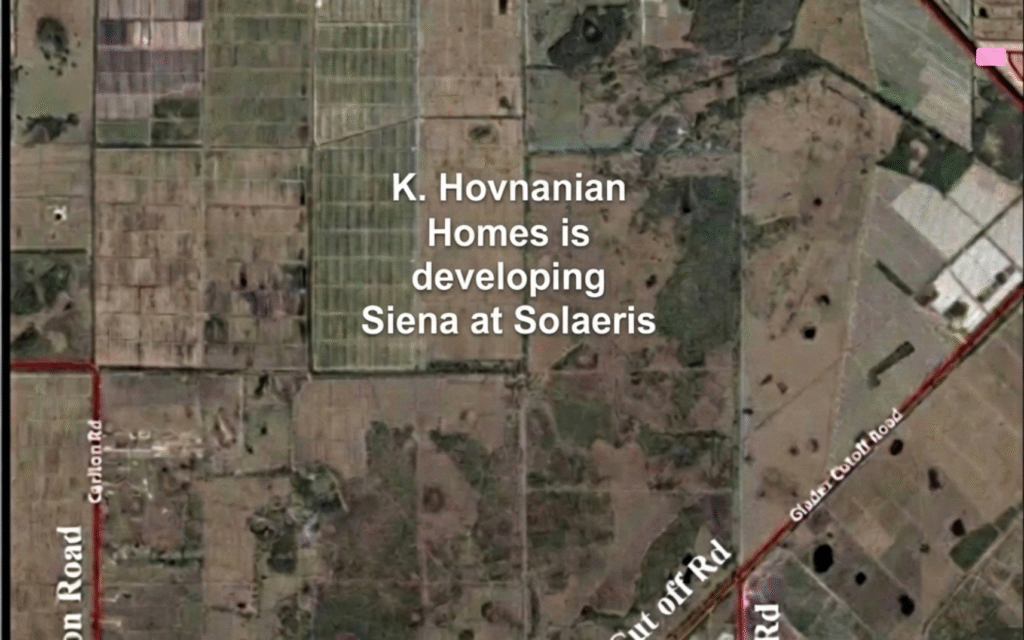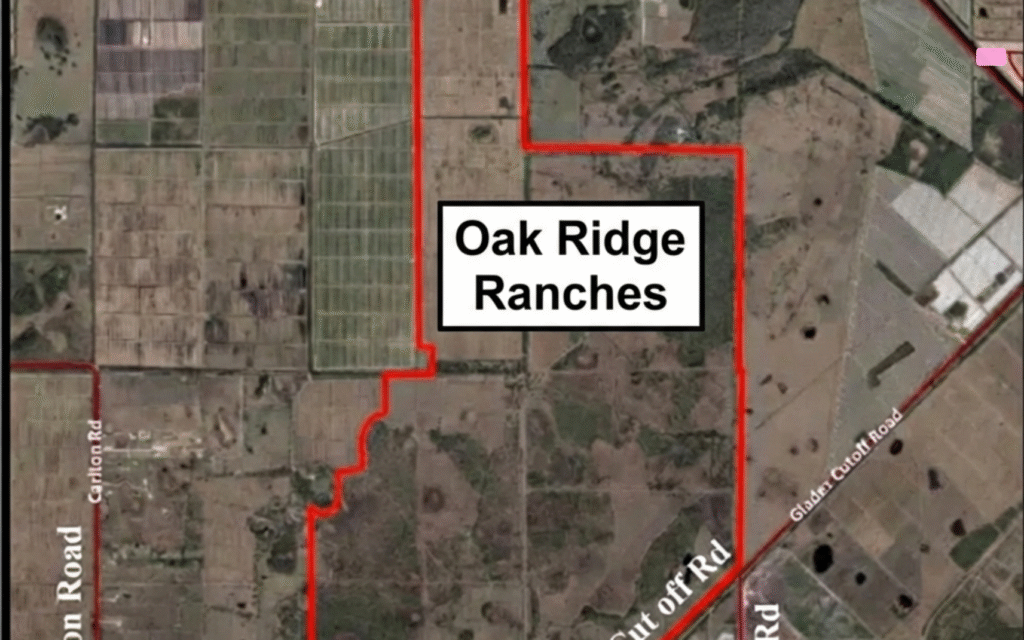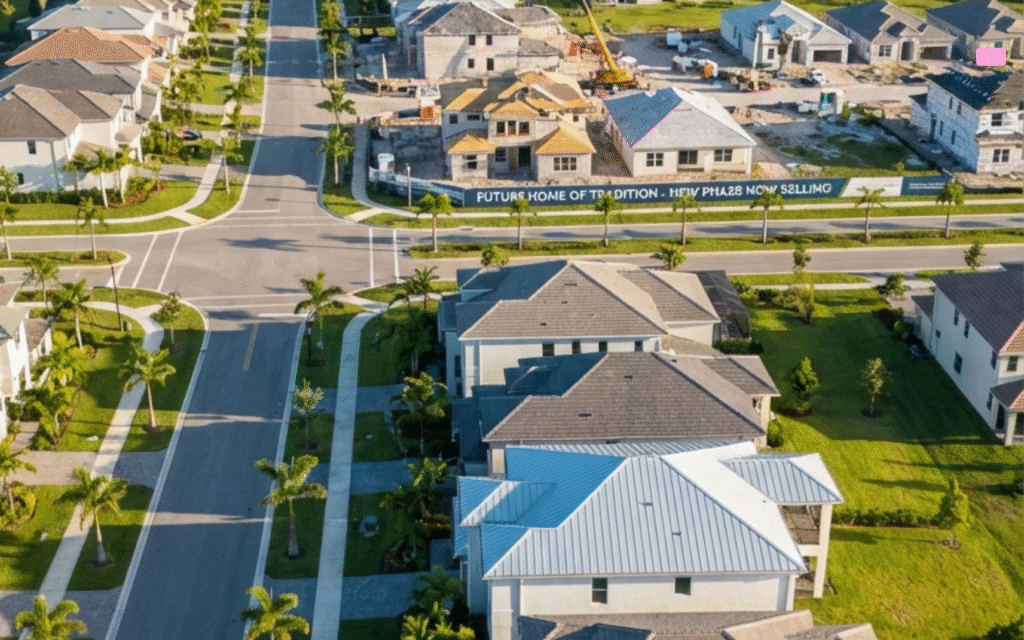Port St. Lucie is advancing its urban tree canopy initiative, supported by a $1 million grant from the U.S. Department of Agriculture’s Forest Service Urban and Community Forestry Program. The city’s multi-year plan to expand the urban tree canopy focuses on ecological health, urban resilience, and increased access to green spaces.
Urban Tree Canopy Initiative in Port St. Lucie
The urban tree canopy initiative in Port St. Lucie aims to plant hundreds of new trees across transportation corridors, key development sites, and private properties. City officials report that this effort is part of a four-year strategy to boost overall canopy coverage and enhance public spaces throughout the community.
According to the City of Port St. Lucie, the project prioritizes Florida-friendly trees that are drought-tolerant and require minimal maintenance. These species are selected for their adaptability to local conditions, supporting both the city’s ecological health and its ability to withstand environmental challenges.
Goals and Benefits of Expanding the Urban Tree Canopy
The main goals of the urban tree canopy initiative include reducing carbon emissions, lowering urban temperatures, and improving air quality. City officials highlight that increasing tree coverage also helps manage stormwater runoff, provides habitat for wildlife, reduces noise pollution, and contributes to public safety.
Expanding the urban tree canopy is expected to deliver a range of benefits for residents and the environment. According to expert perspectives referenced by the city, urban forestry projects can result in:
- Energy savings through increased shade
- Improved mental health and well-being
- Higher property values
- Enhanced storm resilience
Community Involvement and Partnerships
Port St. Lucie’s urban tree canopy initiative involves partnerships with local organizations, including youth groups and environmental organizations. The City of Port St. Lucie reports that community members participate in tree planting events, ongoing maintenance, and environmental education programs.
These partnerships are designed to foster stewardship, provide job skills for young residents, and strengthen community engagement with urban forestry efforts. The city emphasizes the importance of involving residents in both planning and implementation to ensure long-term success.
Recognition for Urban Forestry Leadership
Port St. Lucie has received recognition for its commitment to urban forestry. The city has held the Tree City USA designation for 18 years and the Tree City USA Growth Award for 17 years, according to city officials. International recognition has also been awarded for effective urban tree management and long-term planning.
These achievements reflect the city’s ongoing dedication to maintaining and expanding its urban tree canopy, as well as its leadership in sustainable urban development practices.
Urban Forestry Grants and Broader Efforts in Florida
Urban forestry grants in Florida, such as the one awarded to Port St. Lucie, are part of a wider effort to increase and protect tree canopies in developed areas. According to the U.S. Department of Agriculture’s Forest Service, funding is available for tree planting, inventories, and management planning in cities across the state.
These grants support local governments in addressing climate adaptation, public health, and community well-being through strategic urban forestry initiatives. The City of Port St. Lucie’s project aligns with these state and federal priorities.
Strategic Planting and Urban Planning Considerations
The city’s plan emphasizes strategic planting and maintenance to maximize the benefits of the urban tree canopy while minimizing conflicts with infrastructure. City officials report that careful selection of tree species helps ensure compatibility with urban environments and supports long-term city planning goals.
By focusing on trees that thrive in Florida’s climate and require limited resources, Port St. Lucie aims to create a sustainable urban forest that delivers ongoing environmental, social, and economic benefits.
National Trends in Urban Forestry
The urban tree canopy initiative in Port St. Lucie reflects a national trend of investing in urban forestry to address climate change, public health, and community resilience. According to federal agencies, measurable outcomes are expected in canopy coverage and ecosystem services as cities implement these projects over the coming years.
Officials note that expanding urban tree canopies is increasingly recognized as a critical strategy for improving quality of life in urban areas and supporting long-term sustainability goals.
Frequently Asked Questions About Port St. Lucie Urban Tree Canopy Initiative
What is the Port St. Lucie urban tree canopy initiative?
The Port St. Lucie urban tree canopy initiative is a four-year project to plant hundreds of new trees across the city. The goal is to increase canopy coverage, improve air quality, and provide more green spaces for residents.
How much funding supports the urban tree canopy project?
The initiative is supported by a $1 million grant from the U.S. Department of Agriculture’s Forest Service Urban and Community Forestry Program. Additional resources come from local partnerships and city programs.
Are Florida-friendly trees used in Port St. Lucie’s tree planting efforts?
Yes, the city selects Florida-friendly trees that are drought-tolerant and require low maintenance. These species are chosen for their ability to thrive in local conditions and support ecological health.
Can residents participate in the urban tree canopy program?
Residents can take part in community tree planting events and educational programs. The city partners with local organizations to involve community members in ongoing maintenance and environmental stewardship.
Where are new trees being planted in Port St. Lucie?
New trees are being planted along transportation corridors, at key development sites, and on private properties throughout Port St. Lucie. The city’s plan targets areas where increased canopy coverage will have the most impact.

